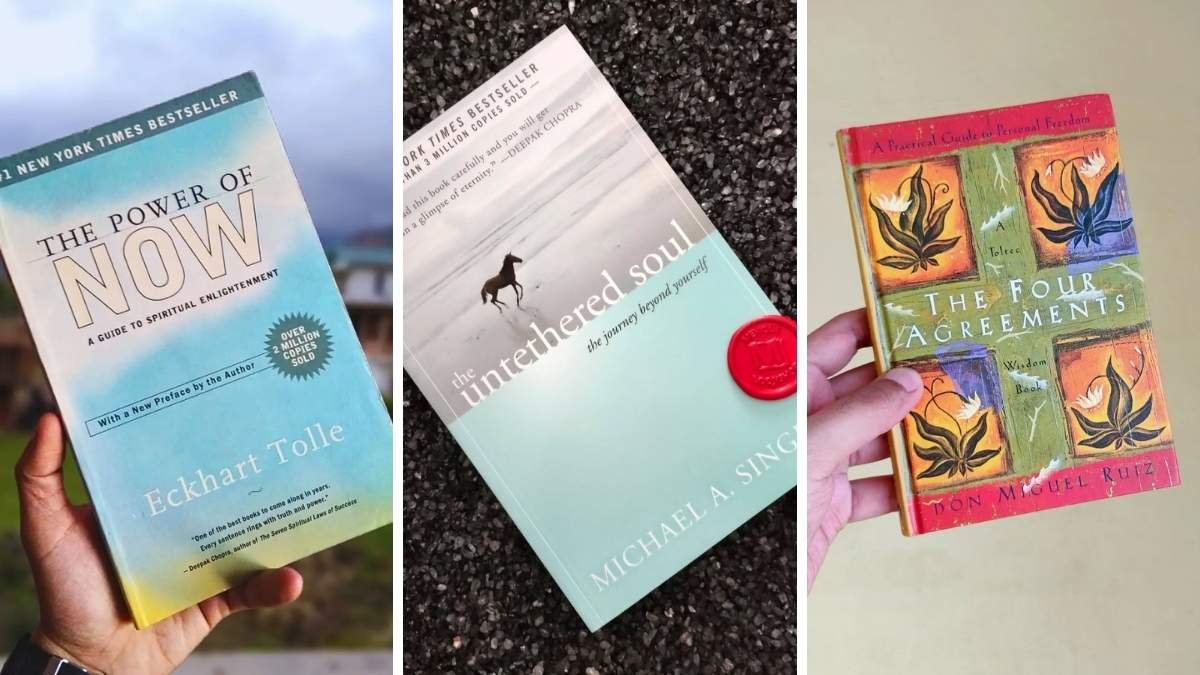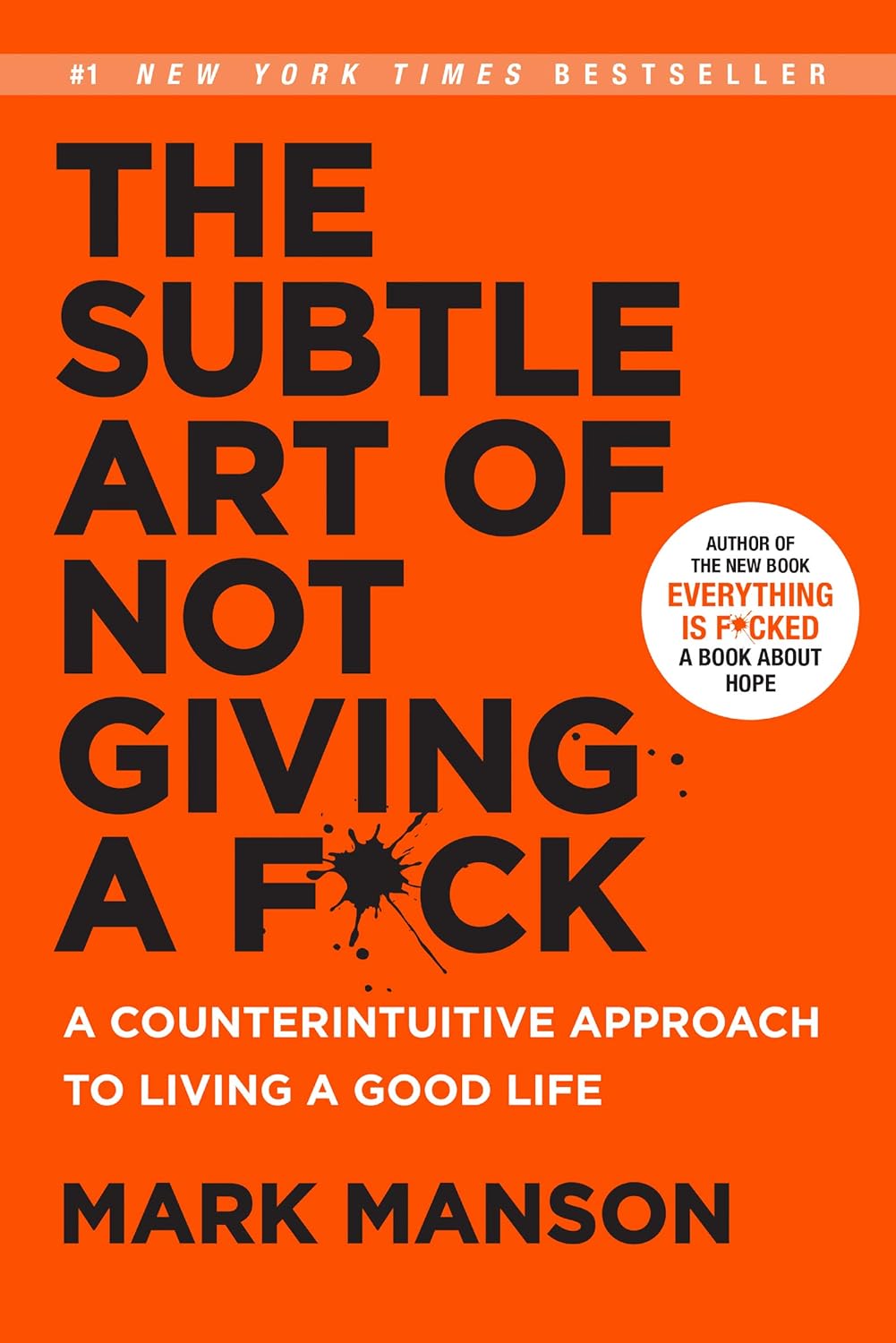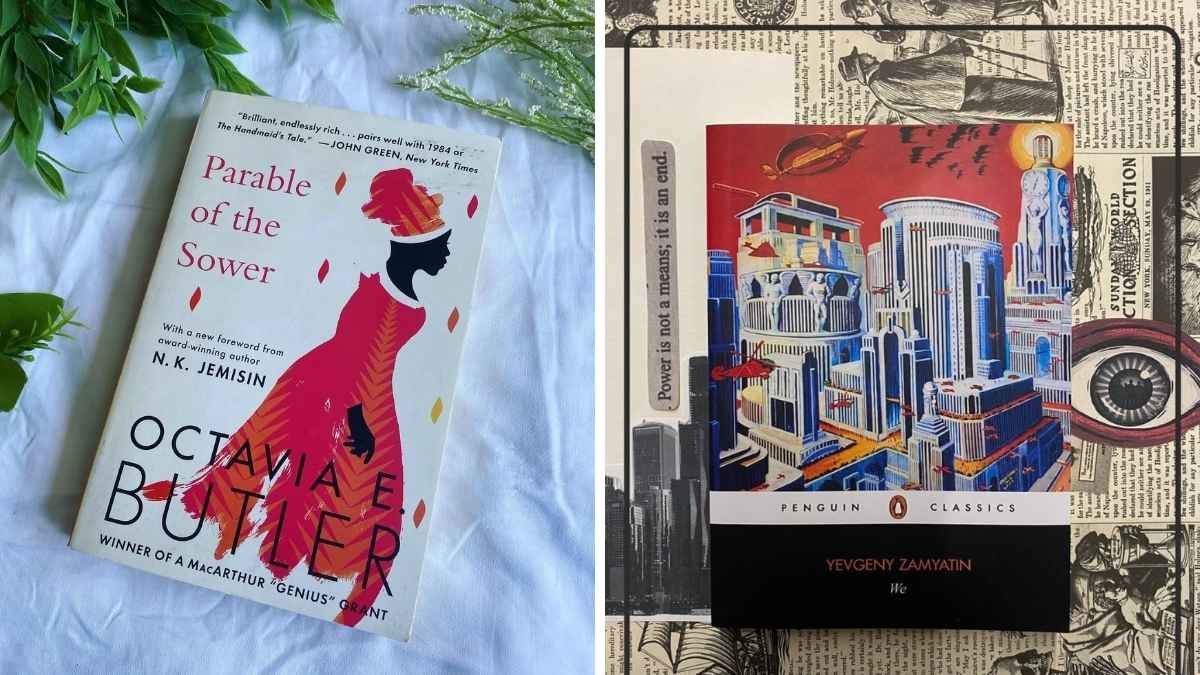
Best-seller lists are great for casual reads, but they often feel like a fleeting Netflix binge. You finish them, feel a momentary buzz, and forget them by next month.
But what if you want books that linger like a great conversation—books that challenge, comfort, and change how you see the world?
Here’s a list of 14 titles that won’t just occupy your shelf; they’ll become your secret companions—no fluff, no gimmicks—just stories and ideas that burrow into your brain. Let’s dive in.
1. “The Road Less Traveled” by M. Scott Peck (1978)

Forget the self-help aisle’s quick fixes. Peck’s The Road Less Traveled is a brutally honest roadmap to personal growth. It opens with the line, “Life is difficult”—a far cry from the platitudes of modern motivational books. Peck, a psychiatrist, argues that suffering isn’t something to avoid but a tool for transformation. He blends psychology, spirituality, and hard-won wisdom to show how discipline, love, and surrender to reality are the keys to happiness.
This book isn’t a comfy blanket; it’s a mirror held up to your insecurities. One reader called it “a punch to the gut that made me think for the first time.” If you’re tired of “manifesting” fluff, this is your antidote. Peck’s unflinching honesty forces you to confront your inner demons—and leaves you feeling stronger for it.
2. “The Alchemist” by Paulo Coelho (1988)

Every best-seller list includes The Alchemist, but it’s often dismissed as overly simplistic. Yet, readers still rave about it decades later. Why? Because Coelho’s tale of a Spanish shepherd boy chasing his “Personal Legend” isn’t just about destiny. It’s about listening to your heart in a world that drowns it out with noise. The journey across deserts and into ancient cities mirrors our search for purpose.
Critics call it “sappy,” but fans argue its timeless parable resonates because it’s rooted in universal longing. As one reader put it: “It’s less about following a map and more about trusting the voice that whispers when you’re lost.” If you’ve ever felt called to a change but stifled by fear, this book whispers go.
3. “The Art of War” by Sun Tzu (5th century BCE)

You’ve heard of this one, but did you read it? Sun Tzu’s ancient treatise isn’t just for generals. Modern business leaders, coaches, and even therapists swear by its wisdom. The core insight? True victory lies in understanding your enemy (and yourself) before battle even begins.
Its lessons translate shockingly well to everyday life: “Know yourself and know your opponent, and you need not fear a hundred battles.” Whether you’re negotiating a raise or navigating a toxic relationship, Sun Tzu’s principles teach strategic thinking as a superpower. It’s short, poetic, and guaranteed to make you rethink every conflict you’ve ever had.
4. “Man’s Search for Meaning” by Viktor Frankl (1946)

Frankl’s memoir of surviving Nazi concentration camps is no light read. But its message is a lifeline: even in the darkest circumstances, we choose our attitude. Frankl, a psychiatrist, developed “logotherapy,” the idea that meaning—not pleasure or power—is humanity’s primary motivation.
The book’s power lies in its paradox. Frankl writes that “everything can be taken from a man but one thing: the last of human freedoms—to choose one’s attitude in any given set of circumstances.” It’s searingly honest about suffering but ultimately optimistic. For anyone grappling with loss or purpose, this book becomes a compass. One reader shared, “It taught me that even in pain, I still had agency.”
5. “Educated” by Tara Westover (2018)

Tara Westover’s memoir is part coming-of-age story, part rebellion against a toxic upbringing. Born into a Mormon extremist family that rejected public education, Westover taught herself to read and eventually earned a PhD from Cambridge. It’s a story of unflinching honesty about escaping abuse and rebuilding her identity.
What sets Educated apart is its nuance. Westover doesn’t villainize her family outright but grapples with love, loyalty, and the transformative power of books. As one critic noted, “It’s not just about education—it’s about the cost of self-invention.” If you’ve ever felt trapped by a narrative others imposed on you, this memoir whispers: You don’t have to stay.
6. “The Power of Now” by Eckhart Tolle (1997)

Tolle’s spiritual guide isn’t your typical self-help book. It’s a mind-bending manifesto on the importance of living in the present moment. Tolle argues that our constant mental chatter about the past and future creates unnecessary suffering. The solution? Become aware of your “now.”
This book challenges you to quiet the voice in your head that endlessly critiques and projects. As one reader noted, “It forced me to confront how much I live in regret or anxiety, not reality.” While some find Tolle’s prose spiritually intense, his core message is accessible: true peace comes from shedding time’s illusion.
7. “Sapiens: A Brief History of Humankind” by Yuval Noah Harari (2014)

Harari’s sweeping history of humanity is less about dates and more about why we dominate Earth. He reveals how shared myths—religions, nations, money—allowed Homo sapiens to cooperate en masse. The book is a mind-expanding tour from the Cognitive Revolution to capitalism.
What makes Sapiens stick? Harari’s provocative questions about progress. He asks whether our technological leaps have made us happier or just more powerful. It’s the rare history book that feels urgent and relevant to today’s chaos.
8. “The Subtle Art of Not Giving a F*ck” by Mark Manson (2016)

Manson flips the positivity script with brutal charm. His counterintuitive advice? Care less about trivial things so you can care more about what matters. In a culture obsessed with “manifesting,” Manson argues that pain is inevitable—and that’s okay.
Readers love his refreshing honesty. “This book gave me permission to stop chasing everyone else’s approval,” said one fan. While some call it “cynical,” Manson’s point is liberation: focus your limited fucks on values, notValidation.
9. “The Untethered Soul” by Michael A. Singer (2008)

Singer’s spiritual guide is for those baffled by meditation books. He simplifies the quest for inner peace: observe your thoughts without attachment. Imagine (ah, sorry—consider) your mind as a river; you’re the bank watching feelings flow by, not the turbulent water.
This book’s life-changing simplicity hooks readers. As one noted, “It taught me to stop fighting my anxiety and just let it pass through.” Singer’s analogy of being a “conscious observer” offers freedom from emotional turbulence.
10. “The Four Agreements” by Don Miguel Ruiz (1997)

Drawn from Toltec wisdom, this tiny book packs life-altering principles. Ruiz outlines four guidelines for personal freedom: Be impeccable with your word, don’t take anything personally, don’t make assumptions, and always do your best.
What makes it stick? The practicality of its advice. One reader shared, “I stopped ruminating on criticism once I embraced ‘don’t take it personally.’” It’s less about ancient mysticism and more about daily habits that reduce suffering.
11. “Quiet: The Power of Introverts in a World That Can’t Stop Talking” by Susan Cain (2012)

Susan Cain’s Quiet is a rallying cry for the misunderstood introvert. In a culture that equates extroversion with success, Cain argues that quiet brains have revolutionary power. She weaves research with personal stories to show how introvert—thinkers like Einstein and Rowling often drive profound innovation.
The book isn’t just validation; it’s a blueprint for embracing your natural energy. Cain encourages introverts to honor their need for solitude while teaching extroverts to value depth over constant stimulation. As one reader said, “This book helped me stop apologizing for needing alone time.” For anyone who’s ever felt “too shy” or “too reserved,” Quiet is your anthem.
12. “The Body Keeps the Score” by Bessel van der Kolk (2014)

Van der Kolk’s groundbreaking work on trauma transforms how we understand healing. He reveals that trauma isn’t just a memory—it’s a physical imprint that alters how we experience our bodies and the world. His research spans therapy, yoga, and neurobiology to show that recovery requires reconnecting with ourselves.
This book is unflinching but hopeful. It challenges the notion that “talking it out” is sufficient for trauma. Instead, van der Kolk emphasizes body-based practices like mindfulness and movement. For survivors and those who love them, it’s a compassionate guide to rebuilding safety from the inside out.
13. “The Gifts of Imperfection” by Brené Brown (2010)

Brené Brown’s work on vulnerability has become cultural shorthand. In The Gifts of Imperfection, she argues that embracing flaws is the path to authenticity. Based on years of research, Brown dismantles the shame that keeps us hiding and offers “wholehearted” living as an alternative.
The book’s radical simplicity hooks readers. Brown writes, “You’re imperfect, and you’re worthy of love and belonging—that’s vulnerability.” While some critics find her concepts basic, millions credit her with freeing them from self-sabotage. For anyone stuck in “never enough” thinking, this is your permission slip to be human.
14. “Thinking, Fast and Slow” by Daniel Kahneman (2011)

Nobel laureate Daniel Kahneman’s masterpiece reveals how our brains work—and why we’re so often wrong. He divides thinking into two systems: the fast, intuitive “System 1” and the slow, logical “System 2.” The result is a mind-blowing tour of cognitive biases that shape every decision.
This book is part psychology lecture, part mirror. Kahneman exposes how we’re swayed by confidence over evidence, how memory distorts experience, and why we fear losses more than we value gains. It’s dense but compulsively readable—and guaranteed to make you question your “rational” choices.






